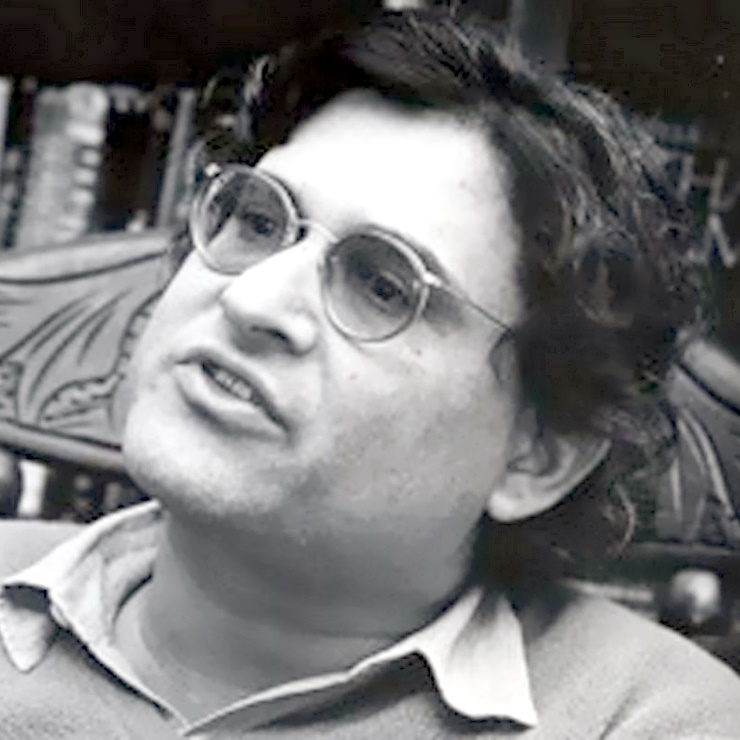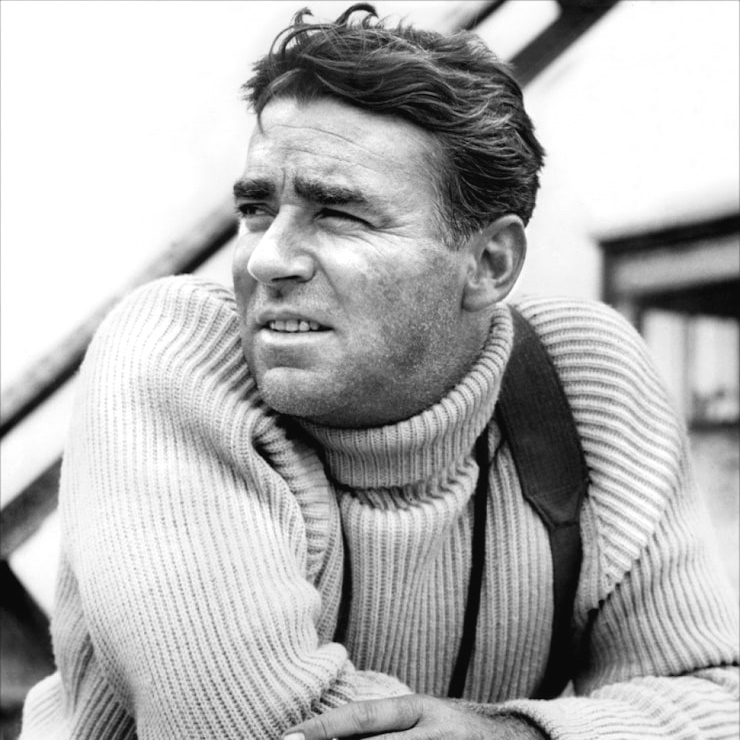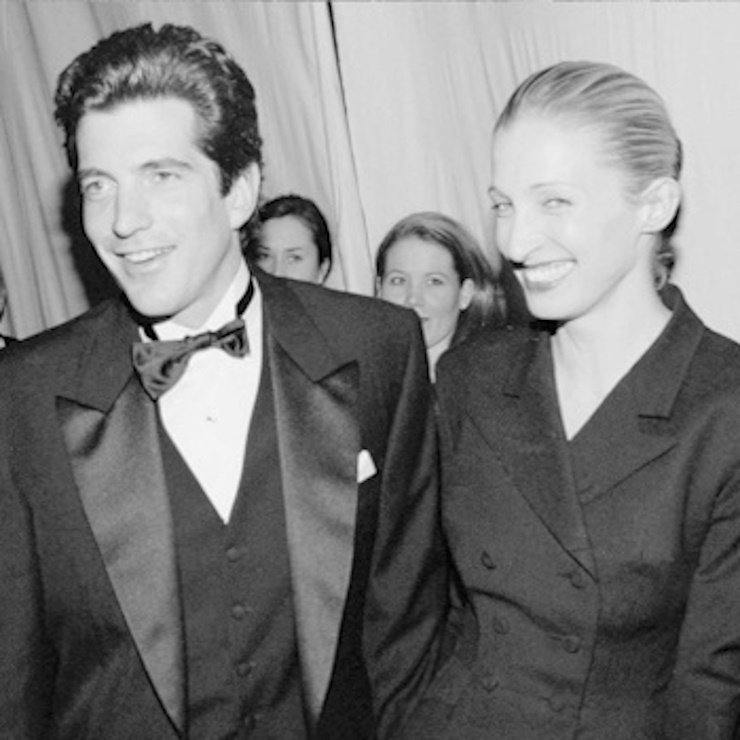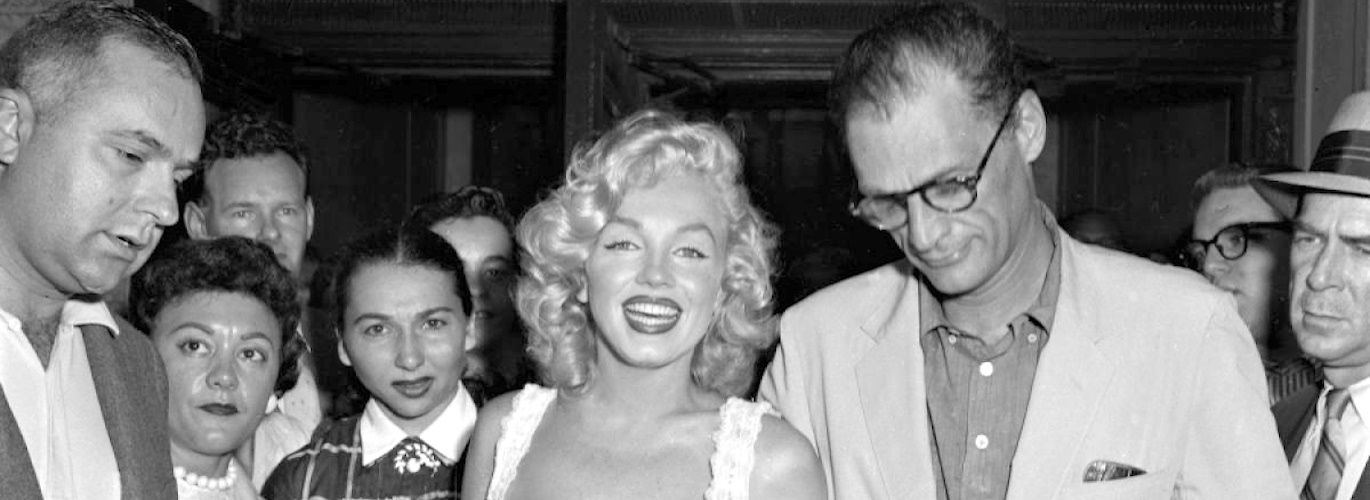A Serial Fabulist, Marilyn and the Kennedys
Unscrupulous biographers can write anything about a deceased person’s history, including accusations of criminal activities, even accusations of murder, particularly so when the cohorts and the colleagues of the deceased, those persons who actually knew and were actually alive when the biographer’s subject was alive, are also deceased; and particularly so when the biographer’s subject does not have a close-knit or a large family. With no one to question or contradict a biographer’s assertions, any person can be presented as an acquaintance, a friend or a lover of the biographer’s subject. Any manner of words and stories can be put in the mouths of sources that may or may not be authentic, that may or may not be factual, accurate or truthful; and those words or stories can be presented as direct quotations and historical facts.
Rotating through the galaxy of Marilyn literature are many authors who have been, and who are, unscrupulous; and the problem with Marilyn’s history? It is loaded with deceased persons, the alleged words of whom, their testaments, cannot, for the most part, be verified. Additionally, Marilyn’s immediate family can best be described as virtually nonexistent.1As of today, May 20th in 2024, Marilyn has two confirmed living relatives, her niece Mona Rae who is nearing the age of 86, and Francine Gifford Deir, who is nearing the age of 78. Mona Rae is the daughter of Marilyn’s sister, now deceased, Berniece Miracle and her husband. Paris, also deceased. Francine is the granddaughter of Charles Stanley Gifford, recently shown through DNA testing to be the actress’ father. Mona is currently living in North Carolina while Francine, according to the U.S Sun, is living in Virginia. As a result, the reader of any Marilyn biography must rely on the integrity of not only the biographer, a term to be loosely applied in most cases, but the integrity of the publisher as well.
When obvious inaccuracies have been discovered in a biography, a term also to be loosely applied in most cases, or multiple biographies by the same author, that biographer must be dismissed as a fabulist, to use a genteel descriptive; and he or she must be dismissed, along with his or her publisher, as unconcerned with the facts or reality. Thus, any assertion contained in such a biography must also be dismissed as a potential fabrication, a potential historical corruption. While Frank Capell, Robert Slatzer and Norman Mailer were certainly shameless prevaricators, arguably the most egregiously shameless author who wrote about Marilyn Monroe, and entangled her life with the lives of the middle Kennedy brothers, was the famous celebrity biographer, C. David Heymann. An untrustworthy author, Heymann’s works have been uniformly dismissed as literary frauds. The author spiked his published frauds with both deceased and invented sources along with invented testimony used to confirm anecdotes about his subjects that the author also invented.
Allow me to readily admit that I am not that interested in the shenanigans of the Kennedy family in a general sense, only in the specific way the lives of John and Robert Kennedy, and to a lesser degree, Jackie’s life, intersected with Marilyn Monroe’s life. I do not care, for example, if Robert and Jackie Kennedy became involved in a love affair after John Kennedy’s tragic and grotesque assassination, as asserted by Heymann, an assertion that has been roundly dismissed as a laughable and scurrilous fabrication. And I do not care if both Robert and Jackie Kennedy had sexual relationships with ballet dancer Rudolph Nureyev. According to Heymann, Jackie and Nureyev mutually seduced each other and a witness observed Robert Kennedy kissing Nureyev in a Manhattan telephone booth, not to mention an assertion that the politician and his phone booth lover engaged in a sexual liaison with an unnamed sailor, each assertion also dismissed as laughable and scurrilous fabrications. It is deplorable that such intimate and lurid details find their way into biographies written about deceased celebrities; and if the intimate and lurid disclosures are lies, then that literary practice becomes particularly deplorable. Yet, since Heymann does not assert that Marilyn was seen in a telephone booth smooching with the Russian danseur, I can only offer this: if Bobby kissed Rudy inside a cramped telephone booth, which I doubt, and both then bedded the First Lady of the United States, along with a sailor, which I likewise doubt, I hope the four enjoyed themselves. Fundamentally, I care more about Heymann’s anecdotes that include Marilyn and how those anecdotes allegedly relate to the Kennedys, Marilyn’s life and her tragic death.
However, I would be remiss if I did not include Heymann’s declaration regarding why he wrote his salacious books: they serve a purpose, according to their author, by informing the public that their heroes are merely flesh and blood persons. Okeedoke. But then, I did not need David Heymann’s prurient and offensive account of Robert Kennedy’s life to know the senator was a real, flesh and blood human being: I saw him on the 6th of June in 1968 lying mortally wounded in a pool of his own blood; but then, I digress.






